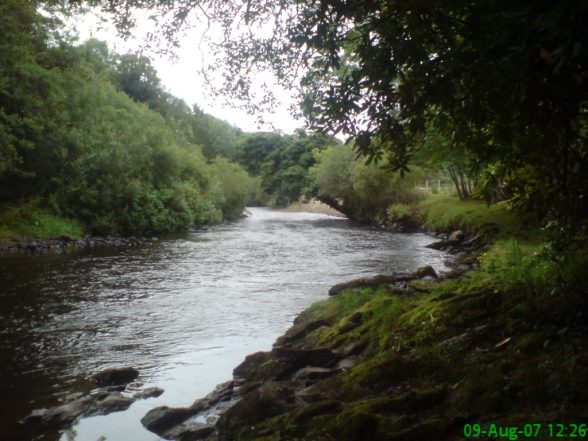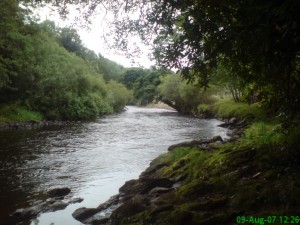THE cost of cleaning up a sprawling ‘blot on the landscape’ dump near Derry could top £50m, the Assembly has heard.
And the tax payer could end up picking up the tab for the removal of the waste.
More than 500,000 tonnes of rubbish was illegally buried near the River Faughan in Mobuoy.
It is said to be one of the biggest illegal dumps anywhere in Europe.
Almost £1m has been spent to date on dealing with the site.
However, the final bill will be significantly larger, Environment Minister Mark H Durkan told the Assembly.
The SDLP MLA said reports had estimated that the cost of removing all the waste could be more than £50m.
Responding to a question from DUP MLA Gary Middleton, he said: “I am firmly of the opinion that the polluter should pay.
“Unfortunately, to date, the polluter has not paid. The taxpayer has paid, through my department.
“Indeed, to date, in the region of £1m has been spent on managing the waste deposited at that site.”
Mr Durkan said a range of options were being considered to best manage the site. In a separate answer, the minister said the clean-up cost to date was £920,000.
He was responding to a written question from Gregory Campbell, a DUP MLA for the area.
Mr Campbell said he believed this cost was merely “the tip of the iceberg”.
“This is a phenomenal dump – I just don’t know how they got away with this for as long as they did,” he said.
Mr Campbell said there appeared to have been massively insufficient monitoring and regulation of the site. He said action must be taken against those responsible.
“The primary objective is to pursue the perpetrators and ensure that this sort of activity is not duplicated,” he added.
Mr Durkan said work undertaken by the DoE at the site since June 2013 included removing controlled waste materials and leachate removal.
The Northern Ireland Environment Agency discovered 516,000 tonnes of waste near the River Faughan in 2013.
The waste was deposited in and around a licensed recycling facility. At the time the company denied any wrongdoing.
A subsequent report said it is not known who deposited the waste but concluded that it was a sophisticated operation carried out over a number of years.







